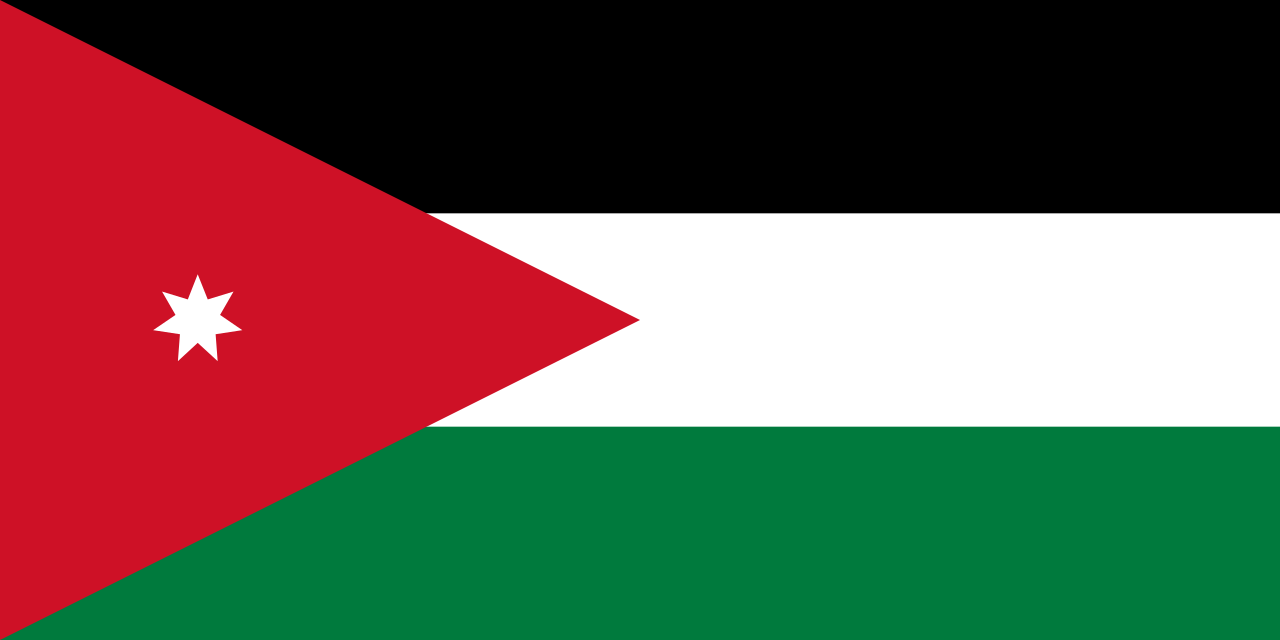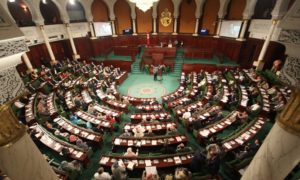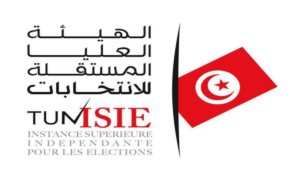A national debate on a controversial amnesty law
Jordan’s recently legislated general amnesty law, which includes sanctions related to issuing bad checks, continues to provoke widespread debate among the population.
Economic experts alert of future economic and social consequences, exacerbating financial problems, particularly for capital holders in the production and trade sectors.
A law with economic repercussions
According to official data, 1.6 million checks worth 9.7 billion dinars ($13.58 billion) were exchanged in the first quarter of this year, according to information from the Jordan Company for Payment and Clearing Systems ( JoPACC).
Musa Saket, a member of the Amman Chamber of Industry, criticizes the law, emphasising that it is a blow to all sectors that depend on checks as a means of transaction, contrary to the directives of King Abdullah II to protect rights.
Diverging positions on the amnesty law
The private sector perspective, usually the last consideration in business facilitation, is mentioned as one of the reasons for economic deterioration and overall investment, requiring real awareness if the business environment is to be improved. investment and achieve the desired economic growth.
On the other hand, Ghazi Al Thneibat, chairman of the legal committee in the Chamber of Deputies, sees the problem of incarceration of debtors in another light, considering that imprisonment should be reserved for criminals, and not for people in financial difficulty.
Economic and social risks and impacts
Economic experts warn of a future crisis marked by the accumulation of unpaid debts. The increase in unpaid checks reflects the deterioration of economic conditions and the effect on owners of capital, especially in the productive and commercial sectors which market their products on credit.
Background of the Amnesty Law
The royal initiative ordered by King Abdullah II on March 20 celebrated the silver jubilee of his reign. The legislative institutions urgently processed the general amnesty law which was quickly approved by both houses of parliament before being ratified by the king. Since he acceded to constitutional power in 1999, the King of Jordan has promulgated four general amnesty laws, the latest being 2024.
What's happening in Tunisia?
Subscribe to our Youtube channel for updates.

















































